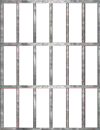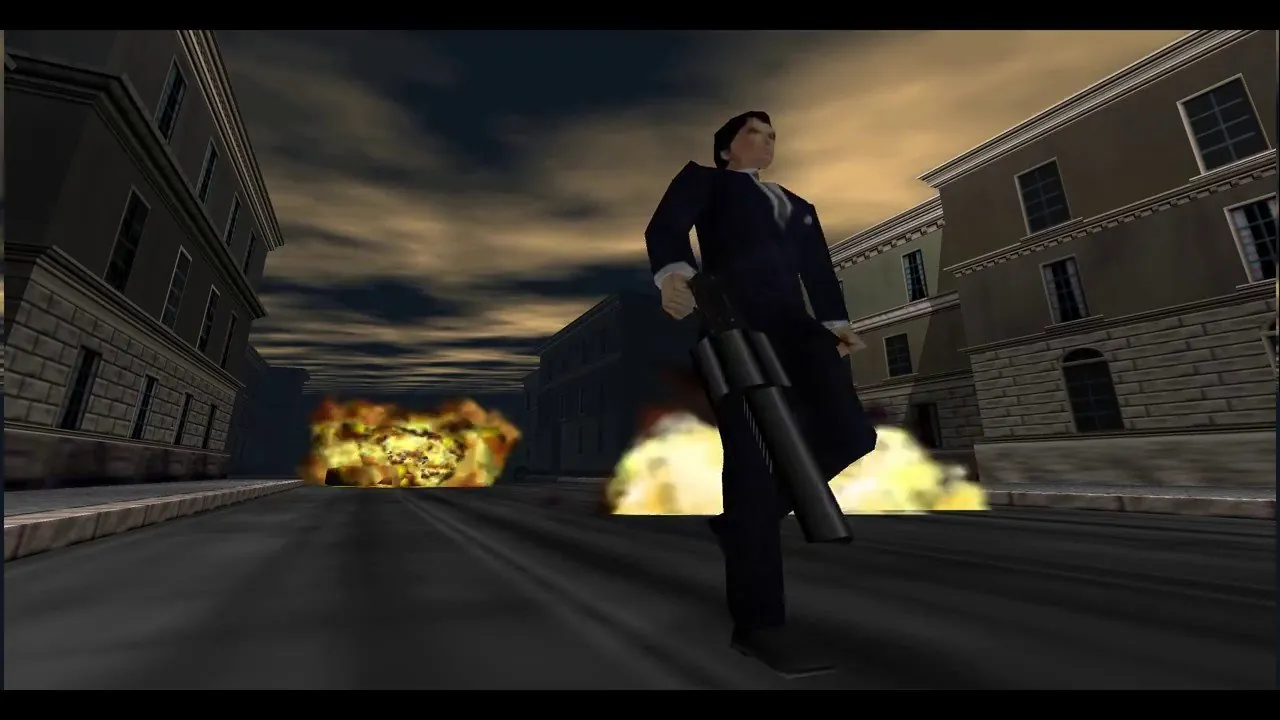Throughout the game industry's short history, there's been ample debate about how much piracy actually impacts a game's legitimate sales. On one side, some publishers try to argue that every single pirated download should count as a "lost sale" that they would have logged in a theoretical piracy-free world. On the other side, some wiseacres argue that most pirates would never consider paying for a legitimate version of the game in the first place or that piracy can actually be useful as a word-of-mouth promotional tool.
While the true effect of piracy on sales revenue is likely somewhere between those two extremes, piracy's precise financial impact on a game has always been hard to nail down. Now, though, a recently published study uses post-release cracks of Denuvo's DRM protections as a sort of natural experiment on games sales in pre- and post-piracy worlds. The results "imply an average proportionate loss of revenue of around 19 percent in each week of release if a crack is available," according to the study, suggesting that effective DRM can actually have a significant impact on a publisher's bottom line.
The data dance
In "The Revenue Effects of Denuvo Digital Rights Management on PC Video Games," published in the peer-reviewed journal Entertainment Computing, UNC research associate William Volckmann examines 86 different Denuvo-protected games initially released on Steam between September 2014 and the end of 2022. That sample includes many games where Denuvo protection endured for at least 12 weeks (when new sales tend to drop off to "negligible" amounts for most games) and many others where earlier cracks allowed for widespread piracy at some point.
A majority of Denuvo games studied remained uncracked during the crucial 12-week sales window after release. Credit: Entertainment Computing / William Volckmann
Crucially, the presence and/or specific timing of a crack's availability couldn't be effectively predicted by characteristics like pricing or critical review scores. That makes the existence of a crack "a practically exogenous event" that can be used to effectively segregate a game's revenues in a no-piracy world (i.e., before the Denuvo crack is available) and a piracy-filled world (i.e., after the crack's release). The variable timing of different crack releases also helps the relative analysis, since "revenue is highest close to the release date, and therefore a crack that appears close to the release date has a disproportionately large effect on revenue," Volckmann writes.
Unfortunately, the lack of good publicly available sales data for most games makes it difficult to measure these revenue effects directly. To estimate a Steam game's relative sales decline in each week after release, Volckmann uses a proxy that combines the number of new Steam user reviews and, for single-player narrative games, the game's average active player count. While Volckmann acknowledges that these imperfect estimates represent "the biggest limitation of this study," any estimated biases away from actual sales data seem likely to cancel out across the various games in the sample.
"The no-crack counterfactual"
After applying some complex statistical models to the underlying data, Volckmann finds that, unsurprisingly, relative revenues in the weeks following a crack's release are lower than the baseline expectation for uncracked games in the same time period. These negative effects of a crack on revenues—which are highly statistically significant (p<0.01)—"impl[ies] that the appearance of a crack reduces revenue relative to the no-crack counterfactual," Volckmann writes.
The longer a game's DRM lasts, the fewer new sales are left to be affected by piracy. Credit: Entertainment Computing / William Volckmann
Just how much money a publisher can expect to lose from a Denuvo crack, though, depends heavily on how quickly the game is cracked, Volckmann finds. A Denuvo-protected game cracked in the first week after release can expect to make about 20 percent less revenue than if the DRM had remained in place, according to the study, while a crack six weeks after a game's release only costs an estimated 5 percent of theoretical total revenue. After 12 weeks, new sales are so negligible that "developers could eventually remove unpopular DRM schemes with minimal losses (and possible gains from strongly DRM-averse consumers)," Volckmann suggests (and some publishers have done just that after Denuvo is no longer effectively protecting new sales).
Volckmann's data lines up with public statements that Denuvo-maker Irdeto has made regarding the need for DRM to protect a game's crucial post-launch window. "We don't position Denuvo Anti Tamper as being uncrackable—no anti piracy solution is," Denuvo VP of Sales Robert Hernandez told Ars in 2017. "However, our goal is to keep each title safe from piracy during the crucial initial sales window when most of the sales are made."
The difference between a week 1 Denuvo crack and a week 6 crack can be significant amounts of revenue. Credit: Entertainment Computing / William Volckmann
Overall, according to Volckmann's data, Denuvo is doing just that. The median Denuvo-protected games lose almost no sales to piracy, Volckmann suggests, because the protection "more often than not" goes uncracked in that initial 12-week window. In a world with no DRM, on the other hand, Volckmann projects those games could expect 20 percent less revenue at the median.
Whatever you think of DRM schemes like Denuvo, the potential to protect against that kind of revenue hit is something that major publishers might find hard to ignore. And there are signs that Denuvo's protection is becoming more crack-resistant in recent months; the CrackWatch subreddit lists 28 Denuvo-protected games released so far in 2024, 26 of which remain uncracked and two of which were cracked well outside the 12-week release window. As we see in this study, that kind of robust protection can be worth a significant amount to a piracy-wary game publisher.


Hey, here's a radical idea: make good games again and people will buy them again. Continue making shit and people will continue to not buy it. 













Jump in the discussion.
No email address required.
how does he control for higher profile, mass-market games more likely having drm?
sci-hub doesn't have this paper. :/
god, why the frick do i need to read some fricking journos take on this instead of the article directly??? science publishing is so stupid.
Jump in the discussion.
No email address required.
Why didn't they make bibles available in languages other than latin?
Jump in the discussion.
No email address required.
More options
Context
More options
Context